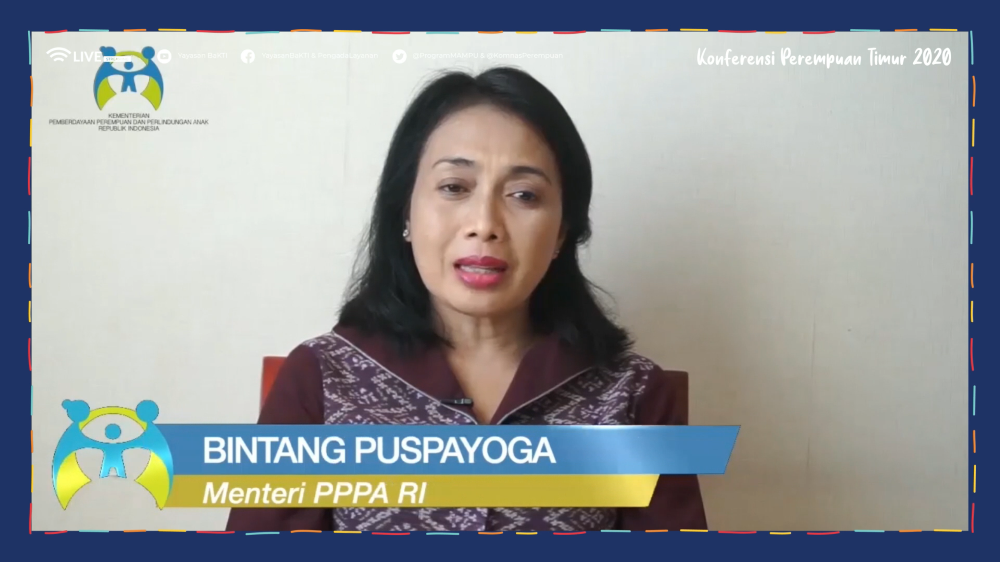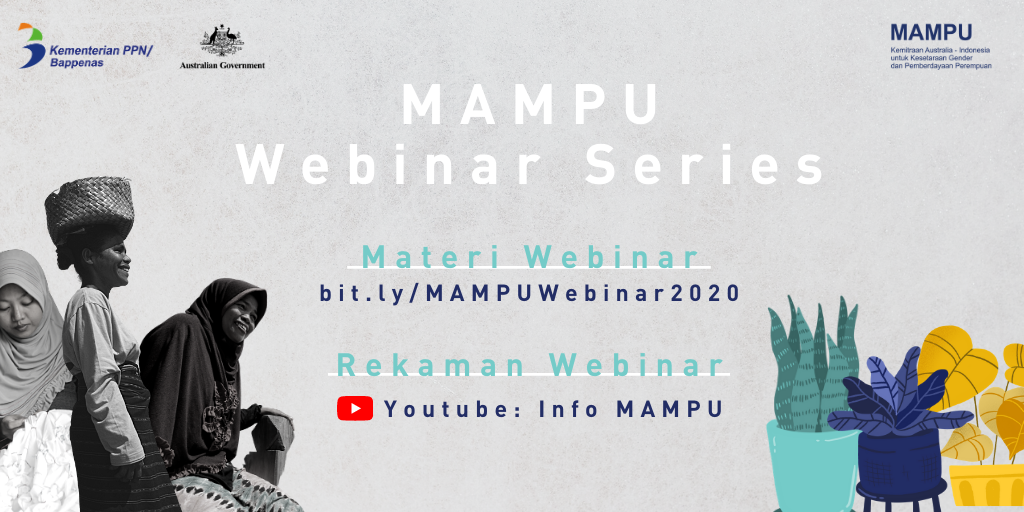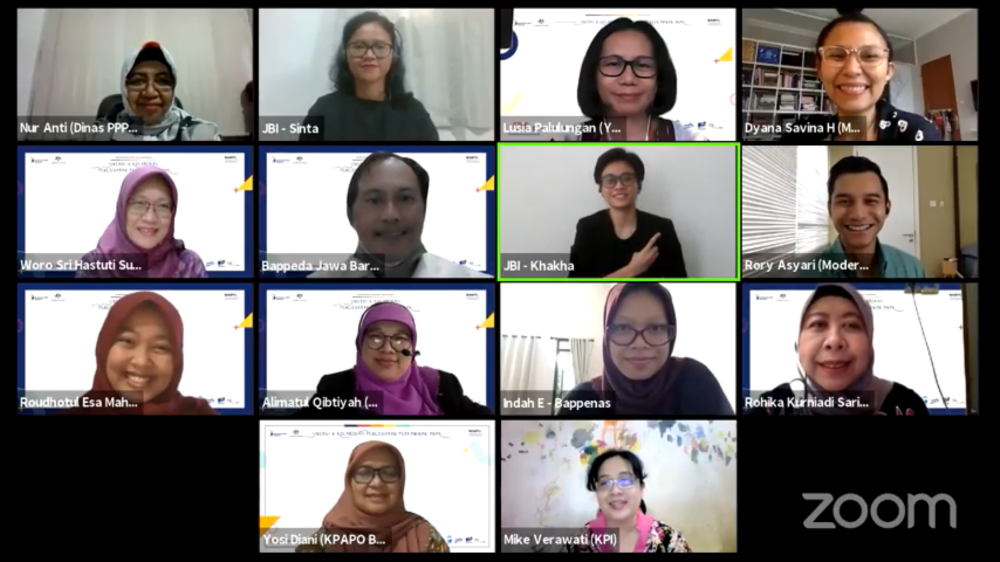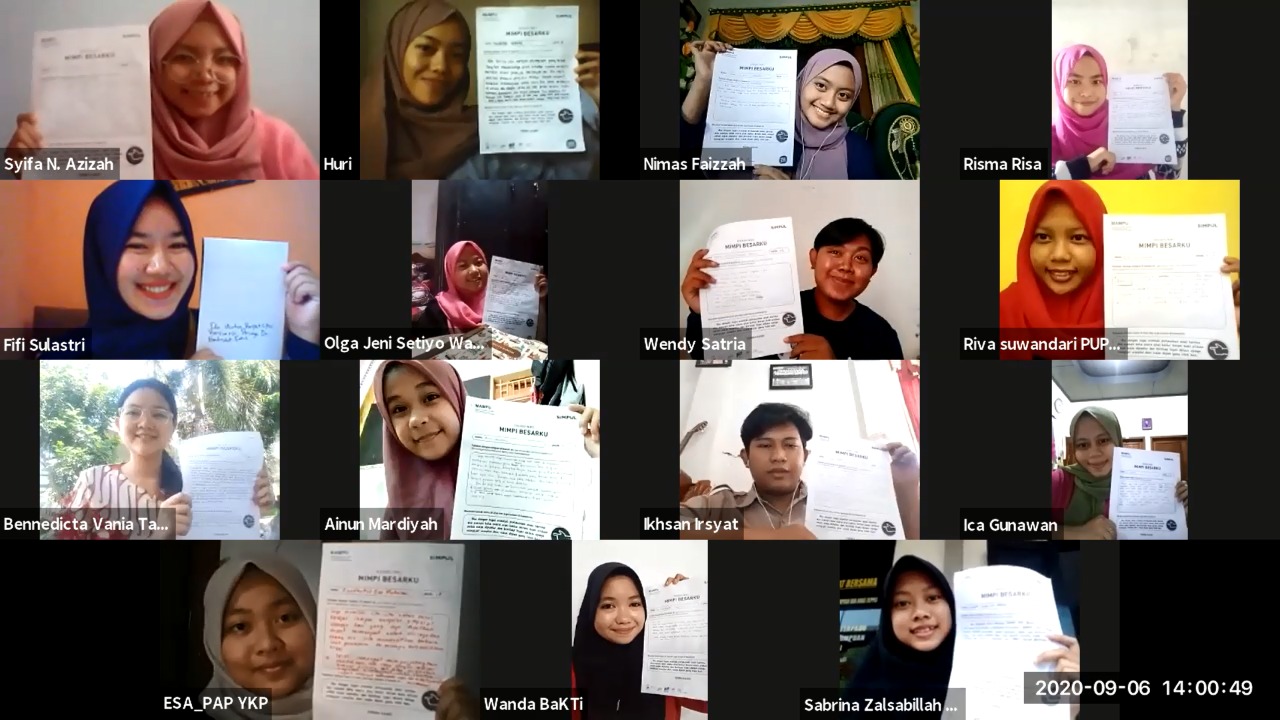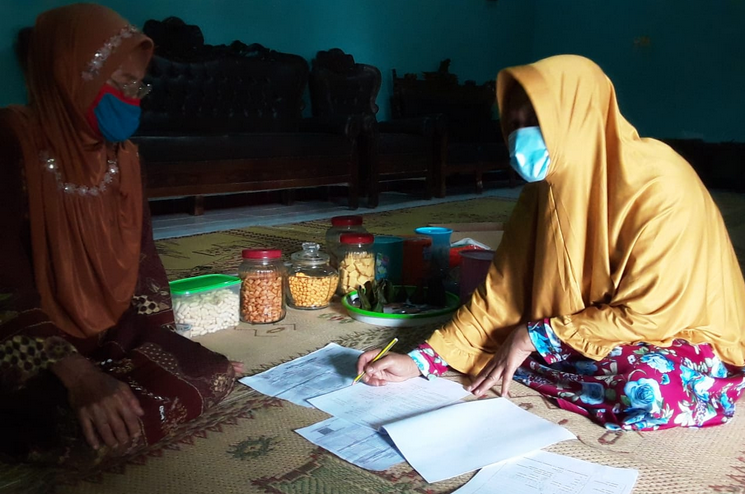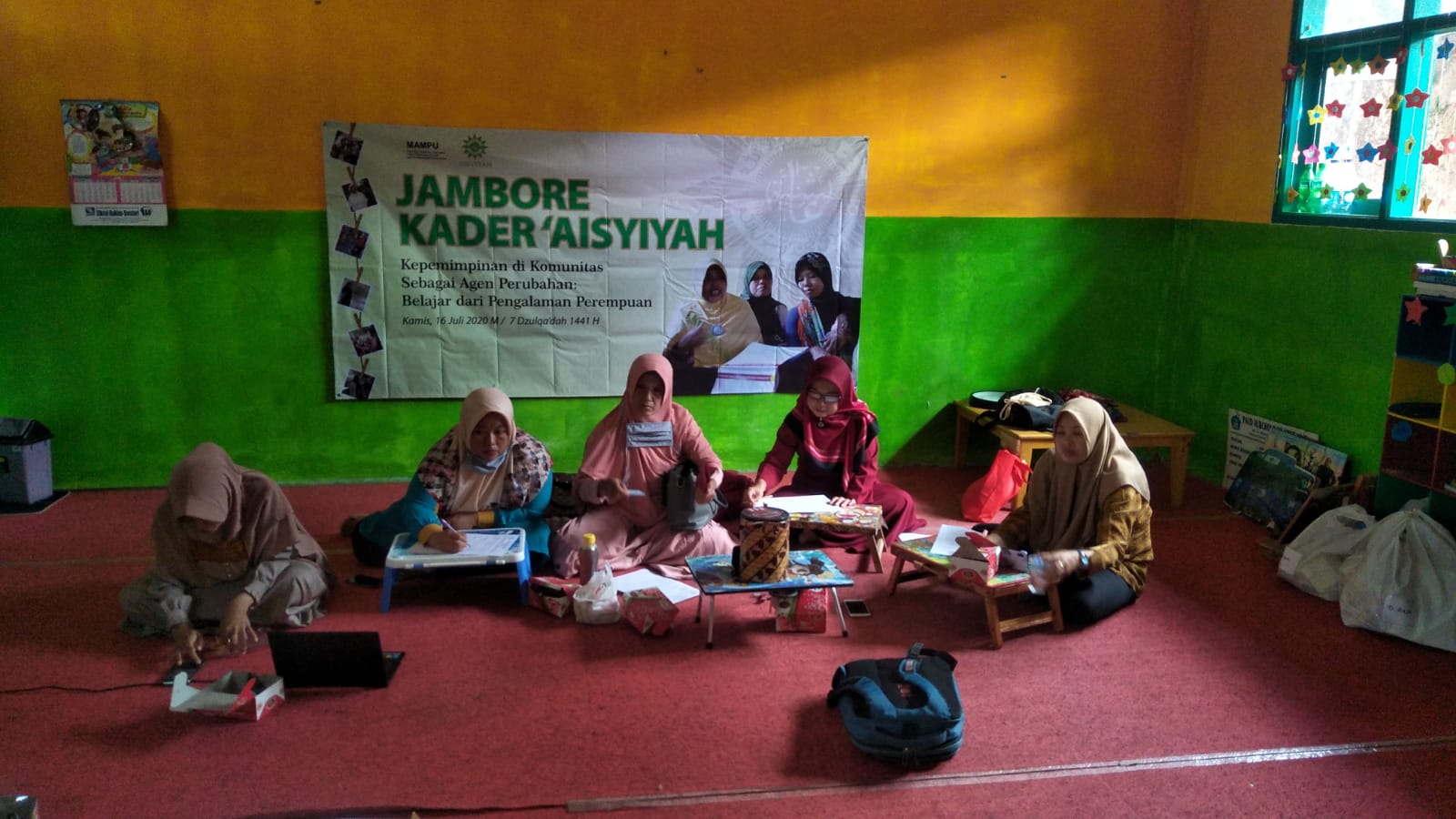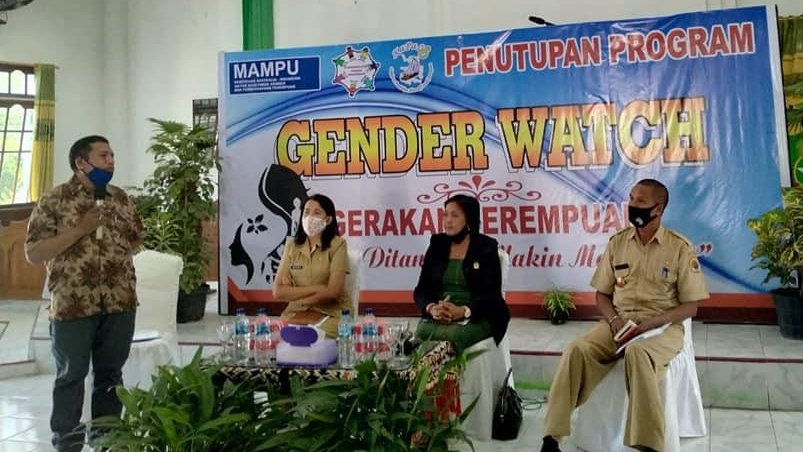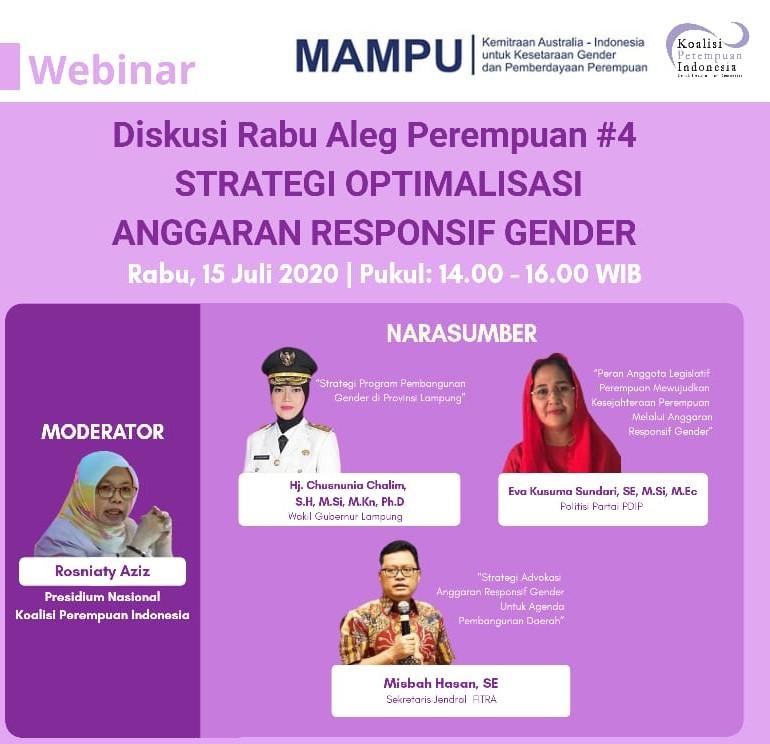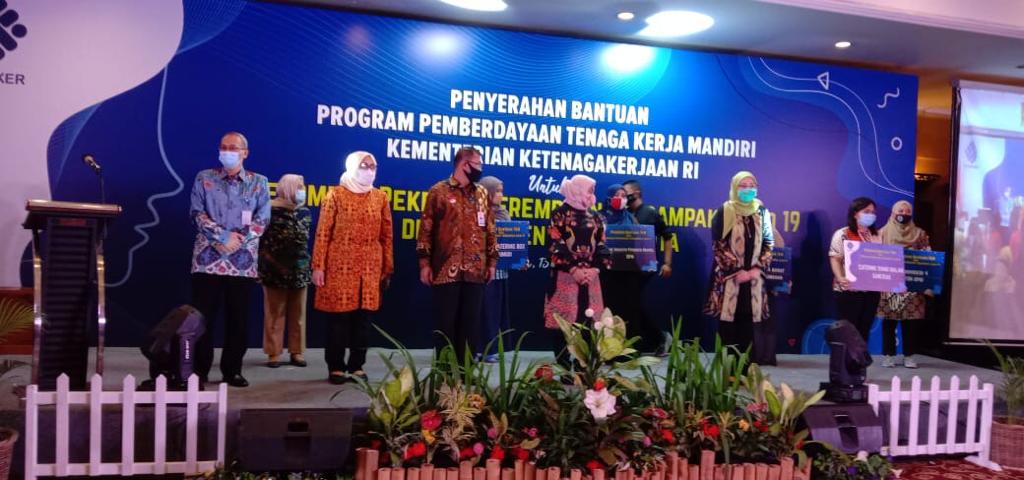Event
Understanding the Regulation Making and Implementation Based on the Principle and Necessity
23 December 2016Author: admin
One of the legislation hierarchy is Regional Regulation (Article 7, paragraph 1 point g of Law No. 12/2011 on the Establishment of Legislation Regulation). Therefore, regional regulation is directly integrated on the legislation and has a strong impact to public life (Hamidi & Mutik, 2011).
According to Law No. 12/2011, the regional regulation is consist of and adjust the implementation of regional autonomy and duty of assistance, as well as accommodating local conditions and/ or further elaboration of higher legislation (Article 14). Thus, the formulation of regulations become strategically important because of the specificities of the region and the elaboration of higher legislation. Some legislations contain only general things that must be described in accordance with local conditions, such as the issues related to women, children, ethnic and indigenous peoples in remote area, adherents of local religions and beliefs, minorities, the disabled, as well as special matters and specific regions.
Implementation of Regional Regulations
Some regions are already advanced in making regional regulations. However, many of the laws that have been made only as a legal document with no or minimum implementation. For example, a district has a complete legislation related to women and children, but with limited implementation. Similar event happened in a city where the government and parliament has enacted a number of regional legislation on the rights and protection of women and children, but the implementation of the regulations were not visible.
The causes of limited implementation of regional regulations are:
- Limited ability to make and arrange regional regulations. In some cases, there are a lot of regulations that imitate other areas’ regulation, without adapting the local situation in the region. It contributed to the difficulties on implementing a regulation due to the distinction of each region.
- Incompatibility of the regional regulations with the needs of local community and local region. It resulted in the emergence of discriminatory legislation and ethnic/ religion/ race issues. In other cases, regulations were not formulated according to plan and was not agreed upon in Properda (Regional Regulation Program) or Prolega (Regional Legislation Program).
- Lack of understanding on the substance and context of the regulation by policy makers (local government, parliament and the team appointed). Throughout the years 2010-2014, there are 1501 regional regulations that were canceled by the central government.
Stages in Regional Regulation Making
To create and implement the regulation in accordance with the principle and necessity, we need to know the processes and stages of making a regulation. First, a new regulation starts from the regional regulation planning stage through Properda or Prolegda. Properda includes the program of legislation formation, substances and its connection with other regulations. In the preparation of Properda, it based on: (a) statutory higher orders; (b) regional development plans; (c) the delivery of regional autonomy and duty of assistance; (d) the aspirations of local communities (Article 35 of the Law No. 12/2011).
Second, at this stage of the preparation of the Draft Regional Regulations from the local government (governor or regent/ mayor) or the regional parliament, it should be accompanied by an academic paper. If a regional regulation was preceded by the preparation of a reliable academic paper, it gives a space for public participation in the regulation establishment.
However, the problem is, not all of the regional regulations were preceded by the preparation of academic paper, and it is possible for merely fulfilling the procedures and done withouth reasonable and competent academic standards (Hamidi & Mutik, 2011). Many of the regulation discussions were not included the academic papers, even they made an academic papers after the regulation draft is made. There is also cases where academic papers were created merely as a supplement, which only imitating others, without further studies.
In the process of legislation establishment, academic paper is the starting material (first draft) for the design of a bill (draft law/ regulation). The regional regulation should be preceded by the preparation of the academic paper, because it is expected to facilitate the drafter to make the formulation of a bill draft or regional drafts that being prepared (Hamidi & Mutik, 2011). The academic paper contains of concrete ideas that can instantly be operationalized to formulate legal norms as the substance of the bill or regulation draft. The ideas in the academic paper are based on the results of the assessment, scientific research, analysis and evaluation of the legislation.
Thus, academic paper should be maintained neutrally, as a purely academic study, not because of the political interests of certain parties. That’s why academic paper created as a “counterweight pendulum” for the regulation drafts created by the government and the Parliament, to make it more objective, in accordance with the needs of society, and not contrary to the law principles and rules on governing the formulation of regulations.
Regulations Formulation in Accordance with Principles
Many formulated regulations were not in accordance with the existing principles or rules. In the Legal Drafting Training conducted by BaKTI in MAMPU Program (Empowering Indonesian Women for Poverty Reduction), there were many legislators who do not know the principle in the formulation of regulations, including the importance of academic paper to making regional regulations. This is caused by the habit of legislators who discussed the draft without academic paper.
Realizing this situation, some women legislators tried to encourage the improvement of regulation creation in accordance to the principles. Some of the initiators are the Parliament member from DPRD Pare-Pare (Andi Nurhanjayani and Hj. Apriyani Jamaladin), DPRD Maros (Haeriah Rahman and Fitriany) and DPRD Ambon (Elly Toisutta, Juliana Pattipeilohy, and Leonara Farfar). Several attempts to make appropriate regulations have been practiced in the formulation of regulations. The examples are DPRD Parepare with Protection of Women and Children Regulation (already approved), DPRD Maros with Early Childhood Education Regulation (on discussion process), DPRD Ambon with Implementation of the Protection of Women and Children Regulation (already approved), and DPRD Tana Toraja through Employment System Regulation (under consideration).
The regulation making begins with the filing of the material legislation in Properda. Both drafts are coming from the government or parliament initiatives. Members of Parliament following the process from the beginning, therefore they can fully understand the problems and substance.
In DPRD Parepare, Ambon, and Maros, the created regulation was initiative from the Parliament, so that the legislators can follow the process. Together with the academic paper drafters, the Pare-Pare and Maros legislators are joining the field research. Throughout the academic paper discussion to the drafting of the regional regulations’ draft, the legislators follow these stages, even they socialized the draft while doing a recess to get input from constituents.
Knowing that Regional regulation will be implemented and legislators have to monitor the implementation, thus the regulations formulation must be in accordance with the principles, includes involving the stakeholders since the beginning of the process. Parliament members play an important role in the formulation of regulations. Therefore, they need to possess the understanding of the substance and issues in the regulation.
What the legislators in DPRD Parepare, Maros, Tana Toraja, and Ambon did should be appreciated and imitated, especially in terms of encouraging and implementing regulations that formulated in accordance with the rules and principles.
Reported by: M. Ghufron H. Kordi K. (Database & Media Publication Officer MAMPU-BaKTI)




